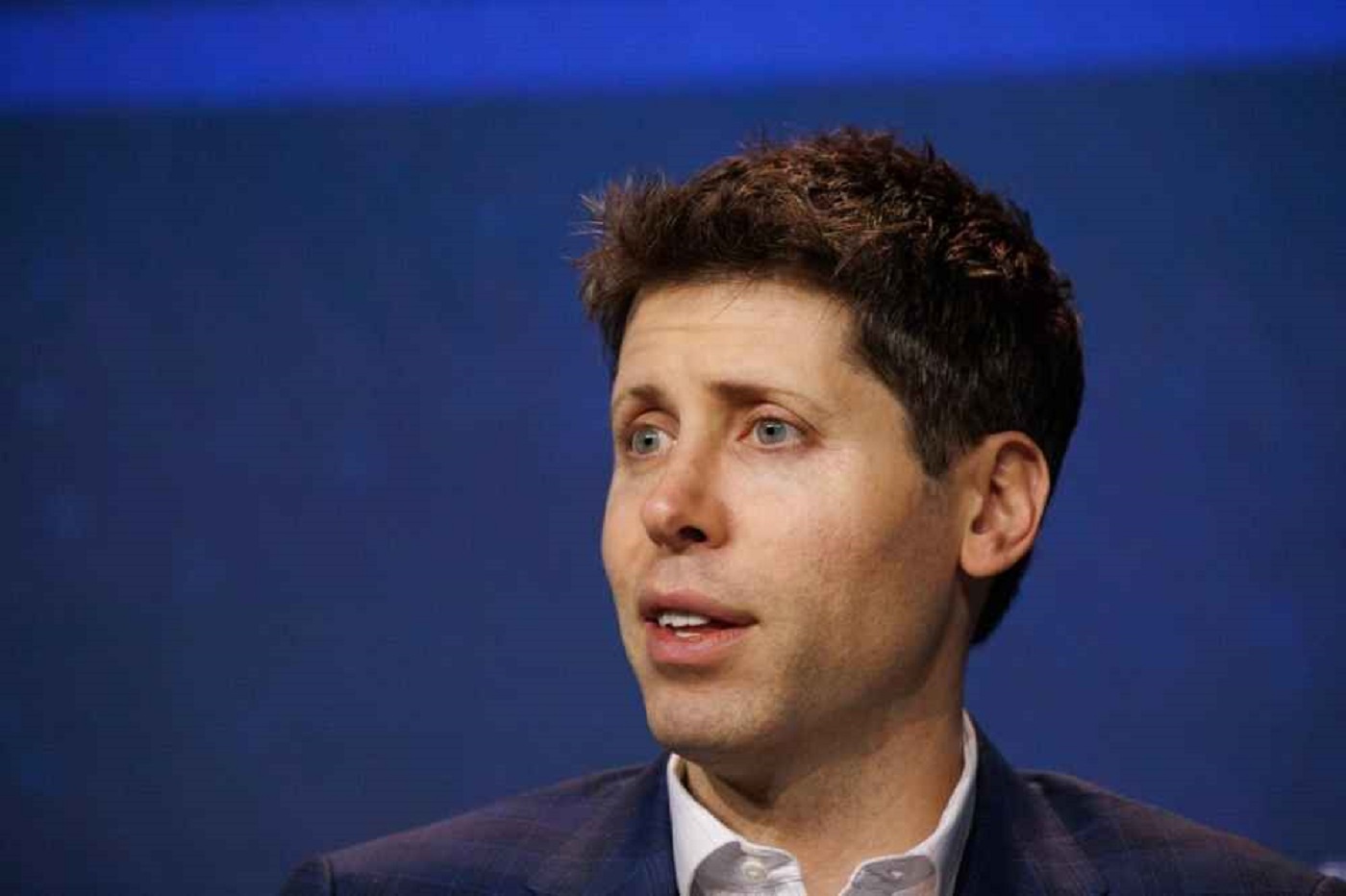Elon Musk Unraveling the Legal Saga: Elon Musk's Lawsuit Against OpenAI and Microsoft

Elon Musk sues OpenAI and CEO Sam Altman for contract violation: In a surprising turn of events, tech luminary Elon Musk has taken legal action against OpenAI, the AI research lab backed by Microsoft, and its CEO, Sam Altman, among others. The lawsuit alleges a significant deviation from the organization’s initial mission, raising concerns about the ethical implications of artificial intelligence (AI) development.
Founding Principles and Alleged Betrayal
The legal dispute revolves around the founding principles of OpenAI, which Musk co-founded in 2015 with a vision to develop artificial general intelligence (AGI) for the “benefit of humanity broadly.” However, Musk stepped down from the firm’s board in 2018, expressing reservations about the potential risks associated with AI, stating it could be “potentially more dangerous than nukes.”
According to Musk’s legal team, OpenAI’s current trajectory contradicts its original mission. The lawsuit, filed in a San Francisco court, asserts that the organization, once committed to a nonprofit model, has now transformed into a closed-source subsidiary of Microsoft, the world’s largest technology company.
Legal Arguments
The crux of Musk’s legal argument is that OpenAI’s focus on maximizing profits for Microsoft violates the agreement made during its inception. Despite the organization’s continued claims on its website about prioritizing AGI benefits for humanity, Musk’s lawyers contend that OpenAI is, in reality, refining AGI to serve Microsoft’s financial interests rather than the broader benefit of humanity.
The filing states, “Under its new Board, it is not just developing but is actually refining an AGI to maximize profits for Microsoft, rather than for the benefit of humanity.”
Responses and Silence
OpenAI and Microsoft have yet to provide official comments on the legal proceedings. The silence from the accused parties adds an air of suspense to the unfolding saga, leaving industry experts and the public eager to learn more about their stance on the allegations.
Musk’s lawyers underscore the intention behind the lawsuit, emphasizing that it aims to compel OpenAI to adhere to the Founding Agreement and return to its original mission of developing AGI for the benefit of humanity. The legal action, Musk contends, is not a personal vendetta but a call for accountability and a return to the ethical foundations on which OpenAI was built.
Antitrust Scrutiny and New Partnerships
Adding complexity to the legal battle is Microsoft’s recent announcement of a partnership with Mistral AI, a French start-up. This move comes amid EU antitrust regulators scrutinizing Microsoft’s reported $13 billion investment in OpenAI. The partnership is positioned as an initiative to unlock new commercial opportunities and expand to global markets, signaling Microsoft’s commitment to advancing AI technologies.
The Current Landscape of AI
The legal clash between Musk and Altman occurs at a time of unprecedented excitement about the future of AI. OpenAI’s chatbot, ChatGPT, made its debut in November 2022 and swiftly became the fastest-growing consumer application in history. This success triggered the launch of competing chatbots from industry giants such as Google’s parent company, Alphabet, and Microsoft.

Both Musk and Altman have been prominent figures in recent headlines. Musk, recognized as the world’s wealthiest individual, oversees Tesla, SpaceX, and made a substantial acquisition of X for $44 billion in October 2022. He has also shared updates on the progress of Neuralink’s brain chip technology implants and announced the establishment of his AI company, xAI, in July of the previous year.
Altman's Role and the Turbulent Past
Sam Altman, the CEO of OpenAI, has had a turbulent history with the organization. Notably, he was unexpectedly fired in November of the previous year, a move that sent shockwaves through the tech industry. Altman, a prominent figure in the AI boom, swiftly returned to the company a few days later, raising questions about the internal dynamics and decision-making processes within OpenAI.
Conclusion
As the legal drama unfolds, it raises profound questions about the ethical responsibilities of organizations spearheading advancements in AI. The lawsuit filed by Elon Musk against OpenAI and Microsoft highlights the tension between profit-driven objectives and the initial mission to develop AI for the benefit of humanity. The outcome of this legal battle may not only shape the trajectory of OpenAI but also influence the broader landscape of AI development and its ethical considerations. The tech world watches closely as two influential leaders clash over the soul of artificial intelligence. (Elon Musk sues OpenAI and CEO Sam Altman for contract violation)
